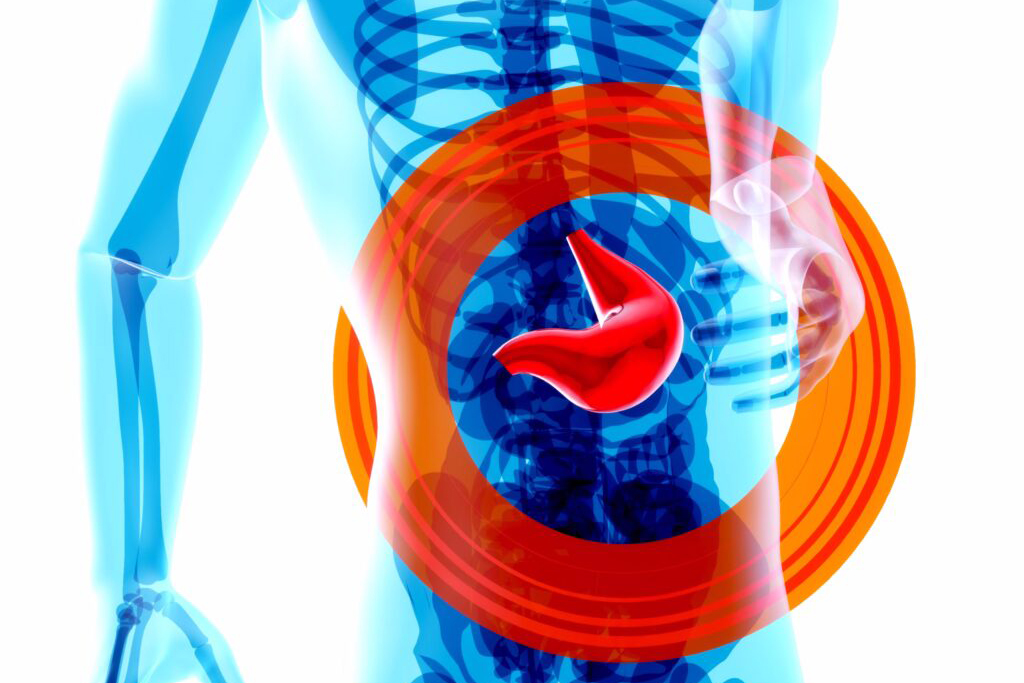You’ve probably heard the phrase “trust your gut.” But your gut does more than just guide intuition — it plays a central role in your overall health. From mood and immunity to energy, skin, and even hormone balance, your gut is the quiet hero behind the scenes.
It’s time we gave it the attention it deserves.
Let’s break down why your gut matters, the signs it may be struggling, and how to care for it with simple, natural lifestyle shifts.
What Exactly Is “Gut Health”?
When we talk about gut health, we’re talking about your digestive system — primarily your intestines — and the trillions of bacteria, fungi, and other microbes that live there. This community of organisms is called your gut microbiome.
A healthy gut means:
- Efficient digestion and absorption of nutrients
- Strong immune function (70%+ of your immune system is in your gut!)
- Balanced inflammation levels
- Proper elimination of waste and toxins
- Communication with your brain via the gut-brain axis
- Support for mood-regulating neurotransmitters like serotonin (which is largely produced in the gut)
When the microbiome is out of balance (called dysbiosis), it can cause issues far beyond the belly.
Common Signs Your Gut May Need Support
- Bloating, gas, or irregular bowel movements
- Brain fog, fatigue, or poor concentration
- Skin problems (acne, eczema, rosacea)
- Sugar cravings or blood sugar spikes
- Frequent illnesses or slow recovery
- Mood swings, anxiety, or low mood
- Food sensitivities or inflammation
If any of these sound familiar, your gut might be asking for a little extra care.
Simple, Natural Ways to Improve Gut Health
You don’t need expensive supplements or restrictive diets to support your digestion. In fact, some of the best gut-healing strategies are basic, nourishing, and sustainable.
1. Eat More Plant Diversity
Your gut microbes thrive on fiber-rich, plant-based foods — and the more variety, the better.
Aim for 20–30 different plant foods per week, including:
- Vegetables and fruits
- Legumes (beans, lentils, chickpeas)
- Whole grains (oats, quinoa, brown rice)
- Nuts and seeds
- Herbs and spices
Tip: Think color and variety. Each plant brings its own unique fibers and polyphenols, which feed different good bacteria.
2. Include Fermented Foods Daily
Fermented foods contain natural probiotics (beneficial bacteria) that help balance your microbiome.
Try adding:
- Yogurt with live cultures (look for “active cultures” on the label)
- Kefir
- Sauerkraut or kimchi (unpasteurized versions are best)
- Miso or tempeh
- Kombucha (watch for added sugar)
Start slowly if you’re not used to them — a spoonful or small glass a day is plenty.
3. Stay Hydrated (Your Gut Loves Water)
Water helps move food and waste through your digestive tract. It also supports the mucosal lining of your intestines, which acts as a protective barrier.
Aim for 1.5–2.5 liters per day, adjusting for climate, exercise, and individual needs.
4. Reduce Added Sugars and Ultra-Processed Foods
A diet high in added sugars and ultra-processed foods can feed harmful gut bacteria and increase inflammation.
Instead, favor:
- Whole, unprocessed foods
- Natural sweeteners in moderation (like raw honey or dates)
- Balanced meals with fiber, protein, and healthy fats to stabilize blood sugar
5. Prioritize Stress Management
The gut and brain are in constant conversation via the gut-brain axis. When you’re stressed, digestion slows, the microbiome can shift, and symptoms like bloating or IBS may flare.
Simple ways to reduce stress:
- Daily breathwork or meditation
- Regular movement (like walking or yoga)
- Time in nature
- Laughter, connection, and joy
- Journaling or creative hobbies
Don’t underestimate the power of your mindset when it comes to gut health.
6. Move Your Body (But Not Too Hard)
Exercise supports healthy digestion by stimulating intestinal movement and reducing inflammation. Gentle to moderate movement is usually best for gut health.
Try:
- Daily walking
- Stretching or gentle yoga
- Strength training
- Dancing or swimming
If you’re dealing with gut issues, high-intensity workouts might need to take a back seat while your system calms down.
7. Sleep Deeply and Consistently
Your gut has its own circadian rhythm. Poor sleep disrupts this cycle and throws off the balance of good bacteria.
Sleep tips for better gut health:
- Stick to regular sleep/wake times
- Avoid screens 60 minutes before bed
- Sleep in a dark, cool room
- Reduce caffeine after 2 p.m.
Final Thoughts
A healthy gut doesn’t require perfection — it requires care, consistency, and connection to your body. You don’t need a “cleanse” or a complicated plan. You just need to eat more plants, manage stress, sleep well, and nourish your microbiome like the vital ally it is.
Because when your gut thrives — so do you.


